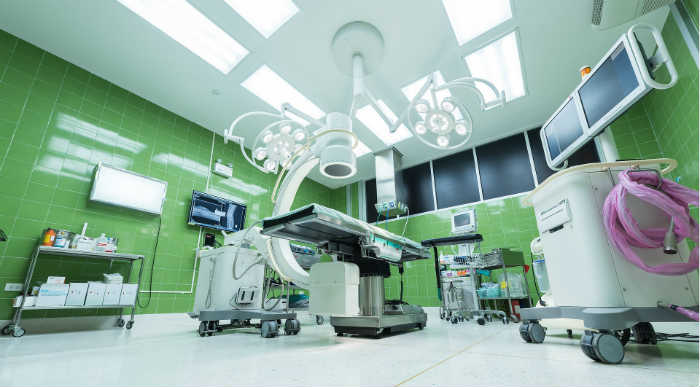
It is important to determine if a device is the true culprit because the premature labeling of that device as dangerous could lead to unnecessary panic, and even complications from surgical procedures to remove a device that is functioning normally.
To learn more about what medical malpractice attorneys near me have to share, see our link.
If you have a medical device that could be defective, your doctor will receive a notification from either the device manufacturer or the Food and Drug Administration. Records maintained by both organizations will identify the potentially dangerous devices and the patients in which the devices were implanted.
If your device requires replacement, all hospital and surgical costs are usually taken care of by the device’s manufacturer.
As a general rule, you can sue for damages, but only if your case meets certain requirements. These requirements can be somewhat complex, and vary from state to state. Therefore, if your case is in D.C. your situation will be best discussed with an attorney that is a Washington DC medical malpractice attorney who has experience with defective medical device claims.
Personal injury due to a defective medical device case are sometimes dealt with via a class action lawsuit, in which multiple cases that have common factors are grouped together, and brought by a “lead” plaintiff. The advantage to a class action is that any settlement reached is distributed among all that have signed on to claim a piece of the settlement, without having to take the risk that they might lose if they sued as individuals.
Proving that a device is the cause of your symptoms is much more difficult, and potentially expensive, if the device has not been recalled.
If you suspect that a device is causing your symptoms, you should discuss the matter with the doctor who implanted the device. If he disagrees with you, your next step will be to get a second opinion with another qualified physician, who may order further testing in an attempt to localize the problem. Depending on the results, the doctor will inform you of the possibility that the device is indeed causing injury to you.
If medical evidence does not support your belief that the device is the root of your problem, your only real course of action is to keep all follow-up appointments, and wait to see what happens. No physician will operate based on your suspicions in the absence of medical evidence to support them. Should the device later be recalled, your doctor will notify you and make arrangements to have the device removed and/or replaced.
Thanks to our friends and contributors from Cohen & Cohen, P.C. for their added insight into medical malpractice.
For more misdiagnosis case, visit: https://banvillelaw.com/medical-malpractice/cancer-misdiagnosis/